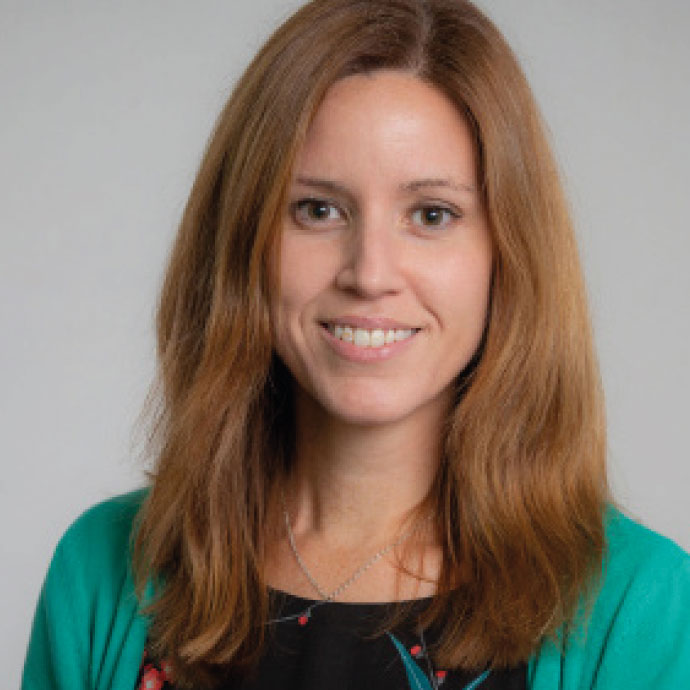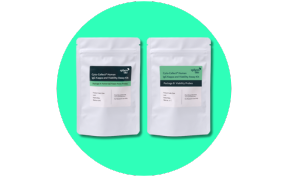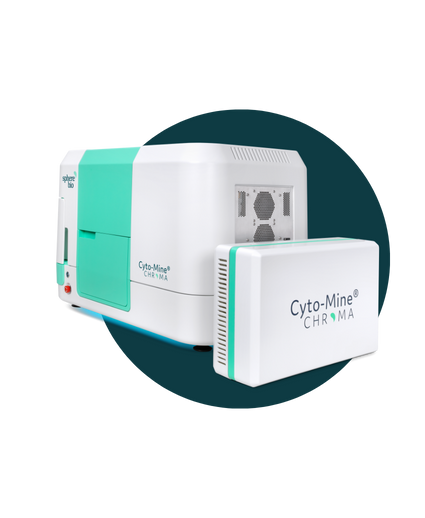Transforming Cell Line Development Processes with Cyto-Mine® | Fujifilm Biotechnologies

Author: Dr Fay Saunders, UK Head of Upstream Mammalian Cell Culture, Process Development at FUJIFILM Biotechnologies
This case study shares Fay’s experience using the Cyto-Mine® platform in cell line development and recombinant protein expression.
Revolutionizing cell line development with cutting-edge technologies
Contract development and manufacturing organizations (CDMOs), such as FUJIFILM Biotechnologies, provide critical support services for pharmaceutical and biopharmaceutical companies working in highly competitive environments.
Our expertise in cell line and process development facilitates faster transit of biotherapeutic molecules into clinical development, producing stable mammalian cell lines that express high-quality recombinant proteins products at industry-leading concentrations. The combination of our stable mammalian expression system, Apollo™ X, with the emerging technology of Cyto-Mine® has revolutionized our approach to cell line development.
Timelines have been dramatically reduced and we are now able to swiftly transition from the initial transfection phase through delivery of highly productive research cell banks within timelines of approximately 10 weeks.
Meeting the growing demand for complex biotherapeutics
Our aim is to deliver the most robust and efficient cell lines with optimal productivity. However, as the field of biological medicines shifts focus from conventional monoclonal antibodies to more complex formats, such as antibody fragments and bispecific antibodies, expression challenges arise. These next-generation biotherapeutics are driving rapid innovation, making cell line development timelines a critical competitive factor in an increasingly fast-paced industry.
Ensuring monoclonality: A key regulatory requirement
Regulatory approval for biotherapeutic-producing cell lines hinges on clear evidence of monoclonality—proof that the production line originates from a single parent cell.
Traditional low-throughput screening methods, such as colony picking and limiting dilution cloning, struggle to provide this assurance, while higher-throughput methods, like fluorescence-activated cell sorting (FACS), come with their own limitations. FACS, for example, detects only membrane-bound antibodies and can risk damaging fragile cell lines.
The need for an efficient, high-throughput, and regulatory-compliant solution has never been greater.
“Time-consuming and low-throughput conventional screening techniques (e.g. colony picking and limiting dilution cloning) do not allow individual cells to be visualized and monoclonality can be difficult to demonstrate using these methods.”

Dr Fay Saunders
FUJIFILM Biotechnologies
Improving efficiency and quality through single-cell technology
The incorporation of Cyto-Mine® within cell line development processes has removed bottlenecks and significantly reduced timelines, which are then only limited by cell doubling times.
Using this technology, we have been able to implement a new single-step cloning technique in place of our two-step process. Pools of transfected cells are encapsulated as single cells within individual picolitre-sized aqueous droplets in a biocompatible carrier oil (picodroplets), with each picodroplet providing a defined and supportive environment that maintains cellular viability (Figure 1). Single cells and their secreted proteins are rapidly screened and characterized via a fully automated process.
Accelerating cell screening: From weeks to hours
Previously, cell screening required lengthy manual procedures and complex analysis techniques.
With Cyto-Mine®, miniaturized assays and automated multi-step workflows dramatically accelerate this process. What once took weeks can now be completed within a single day.
The platform enables screening of approximately 200,000 cells in mere hours—compared to only 10,000 using traditional manual methods. Importantly, Cyto-Mine® also provides clear visual evidence of monoclonality, ensuring regulatory compliance.
“Our workflows are considerably more efficient as cellular screening is conducted early in the process, allowing the best-performing cells to be selected and taken forward for development.”

Dr Fay Saunders
FUJIFILM Biotechnologies
Optimizing workflows and reducing wastage
By integrating cellular screening early in the development process, we can efficiently identify and advance the most productive cell lines. This optimization extends to resource use—reducing reagent consumption, conserving valuable lab space, and minimizing experimental waste.
Additionally, automation streamlines the workload, allowing scientists to focus on high-value tasks rather than time-consuming manual processes.
With an intuitive, user-friendly interface, Cyto-Mine® requires minimal training, making it an accessible and efficient solution.
Expanding possibilities in antibody discovery
Beyond cell line development, Cyto-Mine® holds enormous potential for accelerating antibody discovery.
Its ability to rapidly screen large molecular libraries could enable the identification of high-specificity antibodies that target novel cellular markers—providing an excellent foundation for future cell line development.
As we continue to explore the capabilities of this technology, the opportunities for innovation in biotherapeutic production are vast.

Cell line development and biotherapeutic production: The benefits of picodroplet technology
- Processes are streamlined and simplified
- Single-parent cells can be visualized and monoclonality assured
- Higher numbers of cells can be accurately screened (200,000 cells)
- Timelines are shortened and customers receive their cell line more rapidly
- Efficiency is increased and more projects can be delivered within a given timeframe
- Automated processes provide greater freedom for scientists working in cell line development
The Next Generation: Cyto-Mine® Chroma
Automate. Accelerate. Analyze millions of cells in a single day.
Think Cyto-Mine®, but supercharged, enabling multiplexing and greater assay flexibility to fit your needs. It means that you can examine vastly greater numbers of cells — and isolate the most valuable ones— with unparalleled precision.





